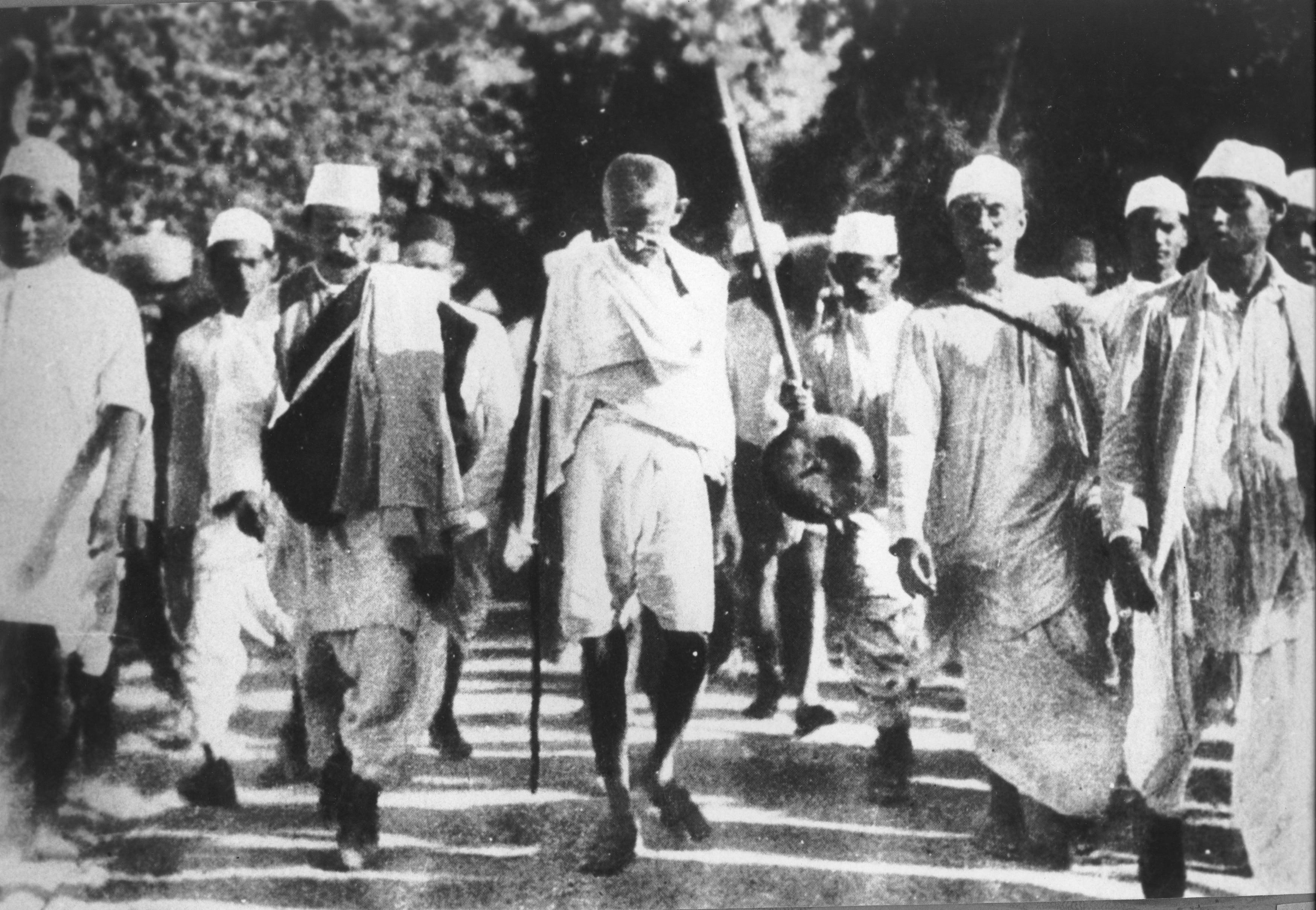 You match pace with a man and strike up an amiable conversation. After pleasantries are exchanged, he asks you how you are feeling. You tell him that you are excited and proud, although somewhat nervous. After a moment’s consideration, you confide in him that you are worried that if you are arrested, your home might be seized for your participation in this action. He smiles and says, “But, my new friend, you follow the rule that Gandhi has established regarding property”:
You match pace with a man and strike up an amiable conversation. After pleasantries are exchanged, he asks you how you are feeling. You tell him that you are excited and proud, although somewhat nervous. After a moment’s consideration, you confide in him that you are worried that if you are arrested, your home might be seized for your participation in this action. He smiles and says, “But, my new friend, you follow the rule that Gandhi has established regarding property”:
“Voluntarily submit to arrest or confiscation of your own property, but if you are a trustee of property, defend that property (non-violently) from confiscation with your life.”
“We must heed his words when he told us”:
“Nonviolent defense presupposes recklessness about one’s life and property”.
You draw strength from these words and continue on in companionable silence.
